South-west Victorian dairy farmers, Brad and Becc Couch believe when it comes to profitable dairy farming, the simplest of systems are often the best.
Named The Weekly Times Coles 2014 Farmer of the Year on 20 February,
the duo was celebrated for their low-cost and high-efficiency dairy farm operation at Brucknell, near Timboon.
Recognised for their simple yet extremely effective approach to dairy farming, the Couch’s herd is ranked in the top one per cent for milk quality and
the couple have cut costs to about two thirds of the district average.
Brad Couch puts their 360-cow farm’s success equation down to seasonal calving, home-grown fodder, selling off empty cows, replacement heifers and proactive
mastitis investigation.
“Our bottom line is why we do, what we do – it’s what our parents did, as well as our grandparents,” Mr Couch explained.
“Simple things like ensuring sufficient dry-off periods, utilising as much home grown feed as possible and being vigilant with identifying mastitis, can
go a long way towards improved herd fertility, healthy cell counts and a positive cash flow.”
Mr Couch said he and his wife felt privileged to receive the award and hope that it will encourage young people to consider a career in dairy.
“There seems to be a perception that you need to be working your parents’ farm or on a big corporate operation to make a go of it. But I know a few people
that have certainly proved that wrong,” Mr Couch said.
“With the average age of dairy farmers now reaching 60 in Australia, we need to have dairy advocates to promote the diverse opportunities dairy has to
offer.”
Mr Couch encourages all Australians considering a career in dairy, whether on-farm or off-farm, to: “Go for it – but make sure you’re prepared to put in
the hard yards, to reap the rewards!”
Australian Dairy Farmers (ADF) CEO, Natalie Collard commended the Couch’s for their considered and well balanced approach to dairying, as well as their
enthusiasm towards promoting young farmers in agriculture.
“It’s wonderful to have Brad and Becc in the spotlight as young, passionate dairy farmers, proactively advocating for dairy,” Ms Collard said.
“I congratulate them both for receiving this award and hope they will inspire young people looking to enter the dairy industry.”


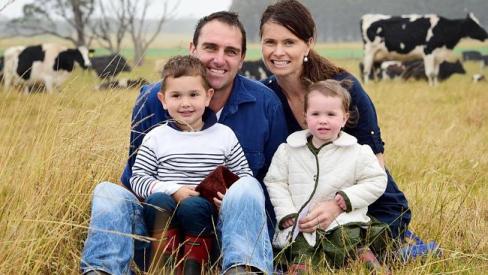



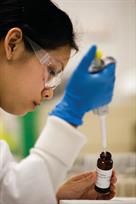

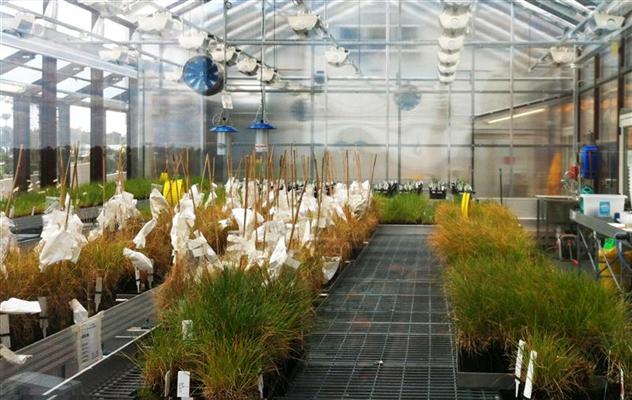

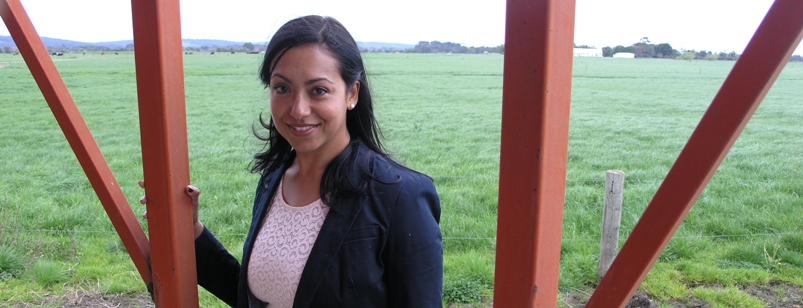



 We must persist in identifying and addressing these issues and solutions at the Federal level, whilst assisting our State Dairy Farmer Organisation (SDFO) members at the State level as required. ADF’s 2015 agenda is committed to carrying out whatever we can to progress these policies and help dairy become the best it can be.
We must persist in identifying and addressing these issues and solutions at the Federal level, whilst assisting our State Dairy Farmer Organisation (SDFO) members at the State level as required. ADF’s 2015 agenda is committed to carrying out whatever we can to progress these policies and help dairy become the best it can be.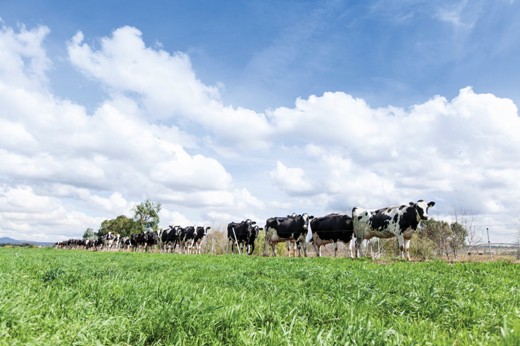


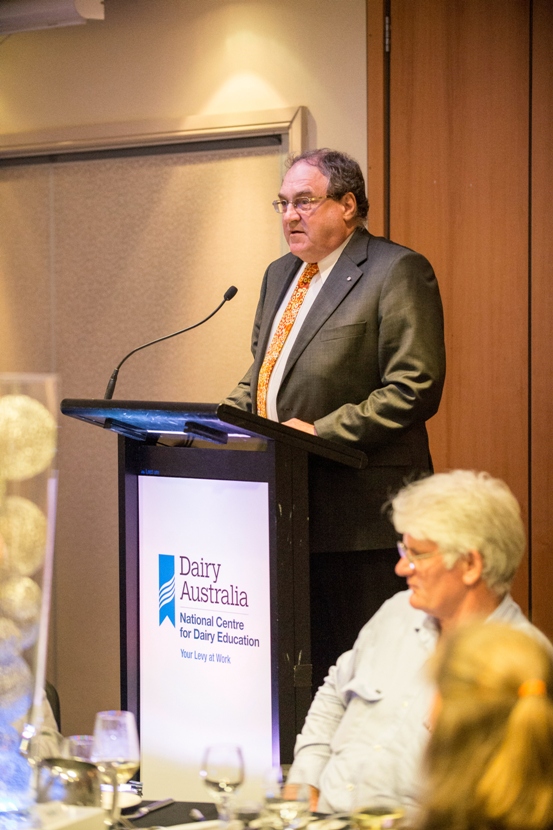
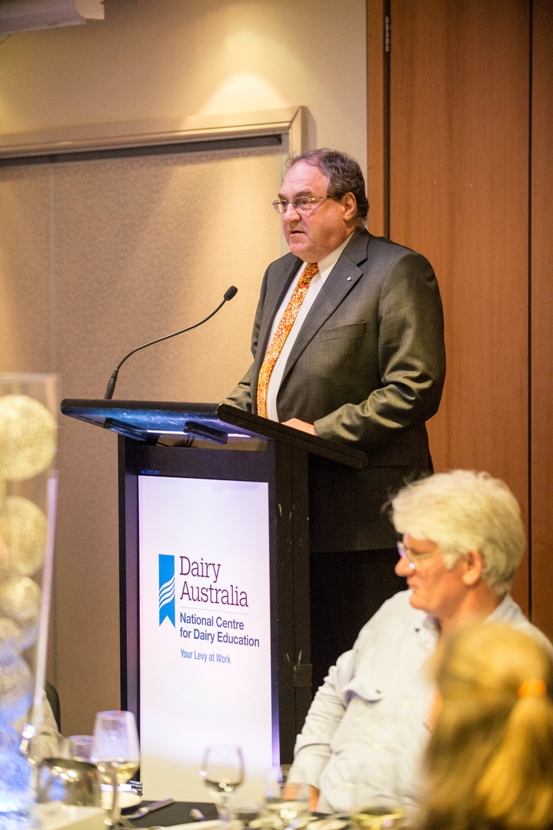 Dr Cameron Archer AM, Principal of Tocal College presenting as guest speaker at the NCDEA Oration.
Dr Cameron Archer AM, Principal of Tocal College presenting as guest speaker at the NCDEA Oration.